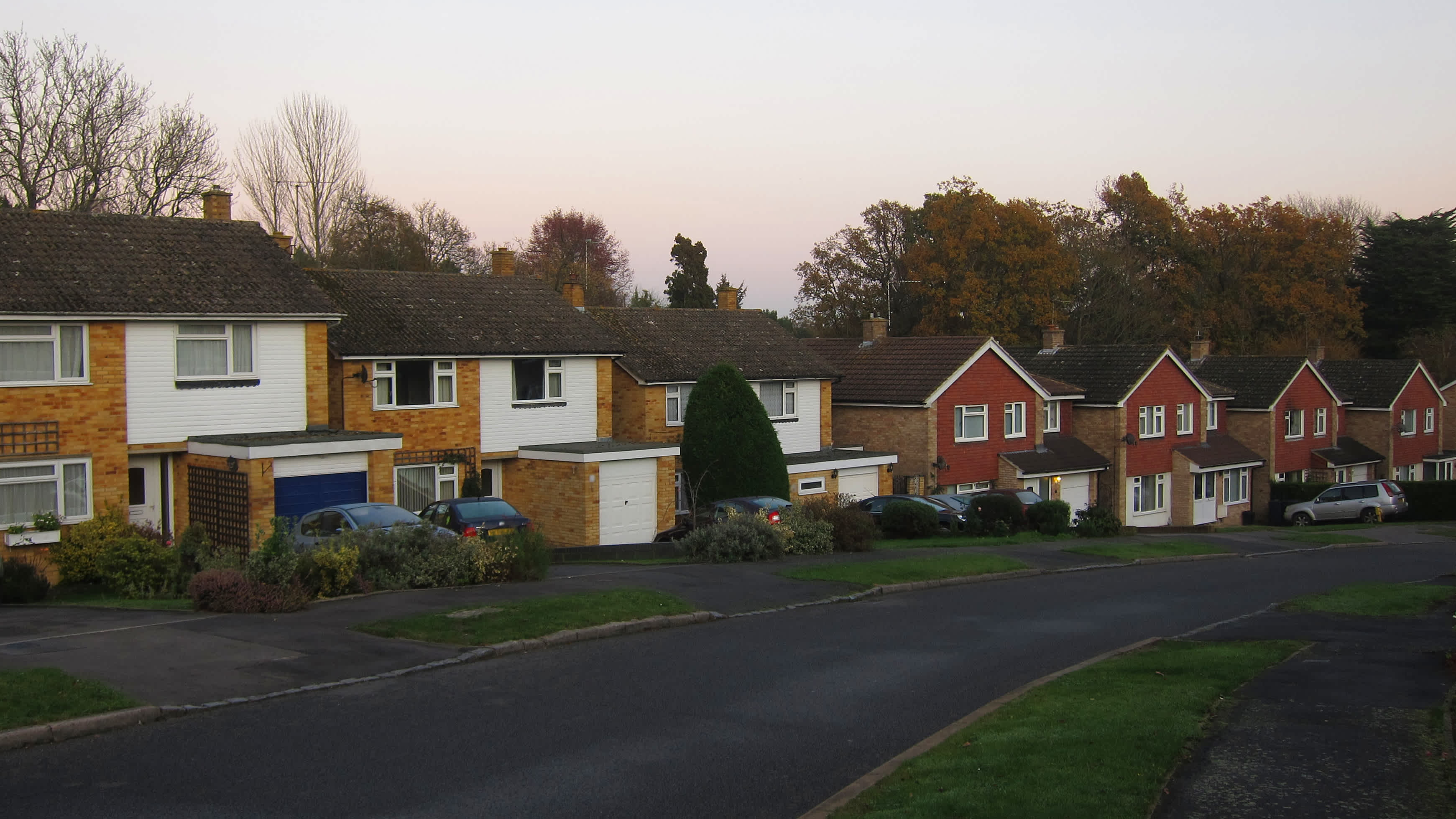Zillow went on a home buying spree over the summer. Now it's facing an overstock problem. The company needs to sell roughly 18,000 homes.
In response, Zillow is permanently shuttering the company’s “Offers” feature. The initial idea seemed simple: jump into a superheated housing market, purchase homes from people who want to sell quickly, and put them back up for sale with minor renovations.
But the company ran into problems. It purchased homes at higher prices than what they’d sell for now. Continuing Zillow Offers would create too much unpredictability for the company’s bottom line, according to Rich Barton, cofounder and CEO of Zillow Group. He announced the news during the company's third quarter 2021 financial results report.
“We’ve determined the unpredictability in forecasting home prices far exceeds what we anticipated,” Barton says. In its mad dash, Zillow bought too much inventory in large markets hoping to flip them. The program only ended up serving a small portion of people, he says.
Now the company is facing pushback from potential homebuyers, says Julian Mei, a realtor for Berry-Elliot based in Virginia. “People won’t pay what the company paid.”
You can take advantage of Zillow’s overstock problem if you were priced out of this summer’s housing market. Here's how.
Where to find a Zillow home
Any home purchase through Zillow Offers is owned by the company. Zillow may have renovated the home since purchasing it and sets the price accordingly. Other homes listed on Zillow aren’t owned by the company. The platform acts as a listing service for real estate agents who pay to use the product.
The homes that Zillow owns are spread across 12 states: Arizona, California, Colorado, Florida, Georgia, Minnesota, Nevada, North Carolina, Ohio, Oregon, Tennessee, and Texas.
Zillow may have an overstock problem, but so far it's not offering any discounts. Policygenius compared Zillow’s asking prices to others in the same neighborhoods and in each case they were within the same price range. For example, a Zillow-owned 2,231 sq. ft. townhouse on Charlotte’s Blacktree Lane goes for $381,000. A look at similar properties in the neighborhood shows prices ranging from $350,000 to $392,100. The same is true in each of the 25 markets where Zillow owns property.
Zillow’s flood of homes won’t have an impact on the housing market, says Terry Clower, director of the Center for Regional Analysis at George Mason University. The Center routinely analyzes the national housing market through a series of graphs and charts.
“Zillow deciding to sell off homes is not a blip on the radar,” Clower says. Rather than create problems, Clower said Zillow’s decision gives home buyers more options.
Is buying worth it right now?
The market is still incredibly tight but inventory looks a little bit better than it did 12 months ago, Clower says. If you can wait — wait, he says.
“You’re going to have to be patient or you’re going wind up overpaying,” Clower says. “It’s still very much a seller’s market.”
It could be a while before that changes. A new study by the National Bureau of Economic Research says the housing boom won’t end until late 2022 or possibly early 2023, right around when mortgage interest rates are expected to rise. Until that happens prices will likely remain the same.
If you’re looking to buy a home right now, Clower suggests asking yourself how long you plan to live in it. If it’s a relatively short-term investment, say five years, then the best option might be to wait until prices drop, he says. But for long-term buyers, those who will be in the house 10 years or more, it could be worth closing now.
Just remember it will take more than finding a place online and clicking purchase to buy a home, Mei says. He suggests using what you see online as a starting point. Check out the images, see what you like, and write down any questions you have. Then find a time to physically visit the site and to see if the online version matches reality.
The home buying process can be lengthy and taxing, so it’s important to take your time. “I’m advocating for patience,” Clower says. “If you get into a bidding war and it gets extreme, say 15% over asking price, it may not be worth it. Just sit back and wait.”
Image: Chris Jongkind / Getty

